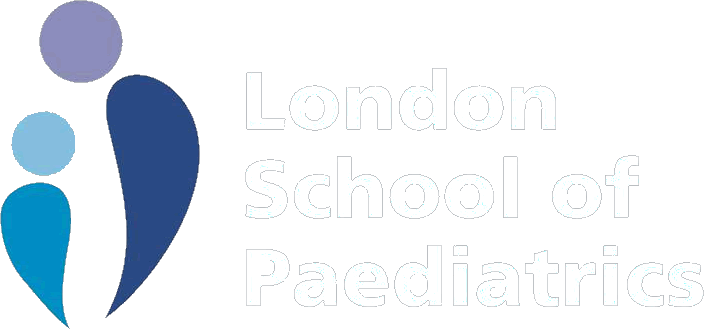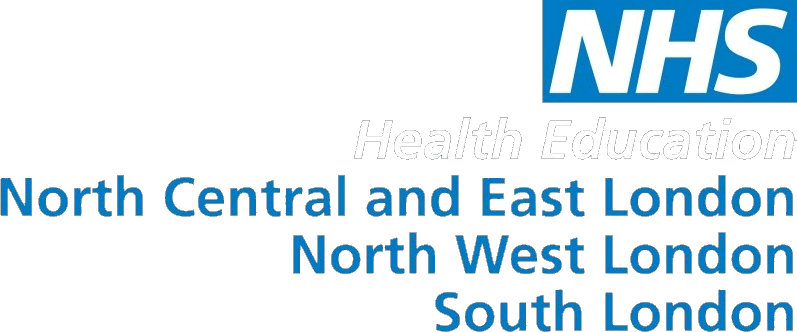“General Practitioners and Paediatricians sit at the heart of health care for babies, children and young people. There is strong conviction that some of the traditional boundaries between these professionals must be broken down to provide a high quality health service for the child and their family with the right doctor who has the necessary expertise. Poor health outcomes for children in the UK, the demand for service redesign, and the imperatives for change in training demand multi-professional and interdisciplinary collaboration. “
Learning Together to Improve Child Health, A joint position paper on inter-professional training by the Royal College of General Practitioners and the Royal College of Paediatrics and Child Health, May 2016
The need to improve care and services for children
“The care provided by UK children’s health services is inferior in many regards to that in comparable European countries. Although there are many examples of good practice, health services too often provide poor outcomes and are seemingly planned around the needs of organisations rather than those of children, young people, and families.” (Wolfe 2011).
We need to improve the care that we provide for children. There is increasing data that child health in the UK is not as good as many of its European counterparts and that we should be addressing this:
- Emergency attendances and hospital admission rates (HES data) continue to increase;
- death from asthma in children is higher than other European countries;
- a significant number of the children and young people seen within secondary care, both in emergency departments, and also in out-patients, could be seen within a primary care setting (Saxena 2009, Milne 2010).
- Likewise children with chronic problems too often have to make do with disjointed care fitted in around acute services (Healthcare Commission 2007).
The reasons for this are multifactorial, and often relate to the structures of the NHS, but one potential area for improvement is the training of our child health professionals.
Current training arrangements for Paediatricians and GPs
Paediatric training
Our current general paediatric postgraduate training curricula and programmes are focused on training paediatricians almost exclusively in, and for, today’s predominantly hospital-based system. Most Paediatric trainees spend a maximum of 6 months out of hospital during their 8 year run-through training progamme. This is in a Community Child Health placement, which may be very specialised neurodisability and behavioural paediatrics, and not reflect its title.
Looking more widely at the government’s health reforms and the future direction of healthcare, in the medium and long-term many general paediatricians are likely to be spending at least some of their time working within a primary care ‘out-of-hospital’ setting (RCPCH 2011). A recent survey at the London School of Paediatrics suggested that more than 50% of trainees would value more out-of-hospital training. So the direction of travel is moving away from the hospital-based care. In addition, surveys suggest that Paediatric trainees lack confidence of managing long-term conditions and they would welcome more opportunities of clinic based training or long term condition training (London School of Paediatrics data).
GP training
“Despite the high number of children coming into their surgeries, many GPs have little or no experience of paediatrics as part of their professional training. This means that, technical competence notwithstanding, many GPs lack the confidence to assess and treat children effectively, something that comes from specialist training and experience.” (Kennedy 2010).
General Practitioners currently have a three-year model of training. RCPCH data (RCPCH 2007) suggests that only 50-60% of GPs, in many parts of the country, have had any formal paediatric / child health training outside their GP posts. The training/exposure that trainees get during VTS GP posts can be fantastic, if their trainer is confident in managing children, but equally it can be less so.
The RCGP has proposed that in future, within an extended and enhanced training pathway, opportunities for specialist-led child health training should be provided to all GP trainees. This requirement could be achieved through a range of delivery mechanisms, tailored to local circumstances – examples include trainees undertaking curriculum-focused placements in hospital-based or community-based paediatric services, children’s A&E and unscheduled care services, integrated training posts, and shared training programmes based in general practices or other community child health services.
Integrated child health training clinics offer a potential training solution
In 2012 we came up with a vision:
- All general paediatric trainees who complete training should have done some of their postgraduate training within a primary care setting.
- All GP trainees should have had some dedicated paediatric training within a primary care setting prior to completing their GP registrar year.
We know that outcomes for children and young people are sub optimal and poor compared to similar countries. Learning Together is a training model that can make a difference. Learning outcomes for both specialities include clinical knowledge and skills, and professional outcomes of ongoing collaboration and attitudes. In an early audit of four common conditions across 22 GP practices and 9 trusts in London where Learning Together clinics took place, good practice moved from 57% before the clinics to 72% during (p value < 0.01) and increased to 76% after the clinics, (p value < 0.01 compared to before). Learning Together clinics can be a positive lever for change.
Project reach and results of project so far
The first Learning Together clinics began in North London in 2012. On the basis of these pre-pilot clinics a more formal pilot was developed in five sites 2012-13 with 5 GP ST4s who were doing Innovative Training Programmes in Paediatrics: they took part in clinics with Paediatric trainees from five different trusts. Questionnaire and focus group feedback suggested rich learning and helped shape a proposal for a larger programme.
In 2013 UCLPartners secured funds from HENSL to evaluate clinics at a larger scale. During 2013-14 37 Paediatric registrars from 12 different trusts took part in clinics with 40 GP trainees from 34 different GP practices mostly based in North Central and East London, but also involving a few West and South London areas. Feedback was overwhelmingly positive with some early suggestion that clinical outcomes are improved. In addition to clinical learning for both sets of trainees, GPs reported that learning from clinics was potentially more meaningful and relevant than that gained from traditional “acute” hospital posts. Paediatric trainees valued the experience of working differently and had an opportunity to get insight into the Primary Care perspective. The advantages and improvements in closer working relationships as a result of the clinics were also reported. Further details of this evaluation can be found on the UCLP website.
See also : http://uclpstorneuprod.blob.core.windows.net/cmsassets/150819_Learning_Together_final_report.pdf
Further funds were secured from HESL to develop the programme in South London.
Our data suggests that experiences and learning from clinics fills a gap in current training: we have made the case for Learning Together clinics to be included in all General Paediatric and GP training schemes. To ensure sustainability of clinics we are encouraging all areas to take ownership of running clinics locally. A “how to” guide is available for all, including a Governance Agreement, which can easily be adapted for different areas.
Patient outcomes and economic evaluation
Learning Together Clinics are currently supported by the London School of Paediatrics and London GP training schemes. In addition to London, clinics are also taking place in the Oxford and Cambridge Deaneries.
References and relevant documents
- Kennedy I. Getting it right for children and young people: overcoming cultural barriers in the NHS so as to meet their needs. Department of Health. 2010
- Macaulay C, Riches W, Spicer J, Lakhanpaul M. Learning Together: Local integrated child health. A guide for paediatric (ST5-8) and (GP ST3-4) registrars to learn together in joint clinics in a GP surgery. UCL Partners and HENCEL. July 2014
- RCGP (Gerada C, Riley B, Simon C). Preparing the future GP: The case for enhanced GP training. 2012
- RCGP and RCPCH: Learning Together to improve Child Health: A joint position paper on inter-professional training by the Royal College of General Practitioners and the Royal College of Paediatrics and Child Health 2016
- RCPCH Facing the Future: Together for Child Health 2015
- Saxena S, Bottle A, Gilbert R, Sharland M. Increasing short-stay emergency hospital admissions among children in England; trend trends analysis. PLoS ONE 2009;4:e7484.
- Wolfe I, Cass H, Thompson M et al. BMJ 2011; 342:d1277



